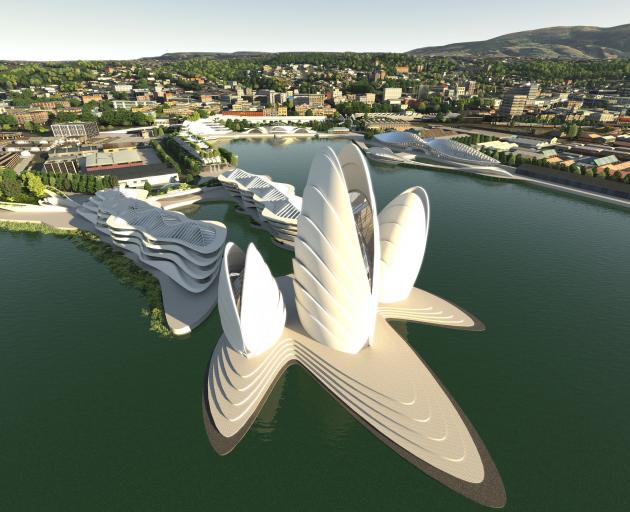Medical science has come a long way in the 100 years since the Spanish flu, as many have said.
In my view better hygiene, control of symptoms and understanding how to slow viral spread will ensure that relatively few will die from Covid-19 in NZ because the Arden Government have wisely followed the best Taiwanese containment model.
Not so Africa and many other countries. There is no cure or vaccine yet, and a vaccine lead-time will be long.
The price of containment in NZ is stalling our economy, which will have severe personal limiting effects, unemployment misery, and long-term economic contraction.

I apologise to those offended by the scary view of my previous post which I wrote in reaction to people claiming that Covid-19 is just another flu and that it will be business as usual after the 4 week lock-down.
I believe that we are in for years of economic contraction because major industries like Tourism have stopped, and because the printing of even more money as in the 2008 bail-out spree is unsustainable. Locally, we need to alter our spending priorities now, focusing on what is really necessary.
I am using lock-down time to reassess my personal priorities and to rethink how we might optimise social positives in a contracted economy. We now have lots of technology to build our individual social capital - to share info, skills and support.
A major world positive is the current greening of the planet, allowing much more food to be grown. Happy gardening if you have that option...











